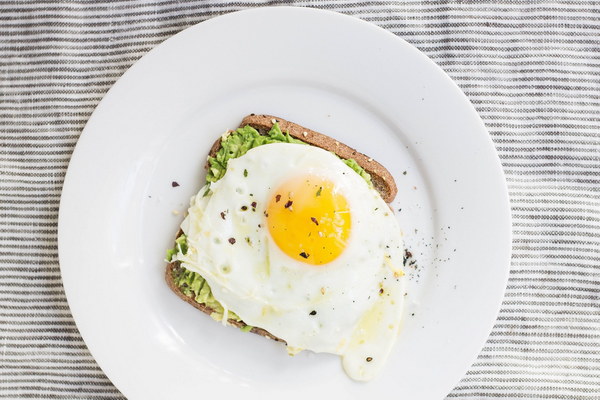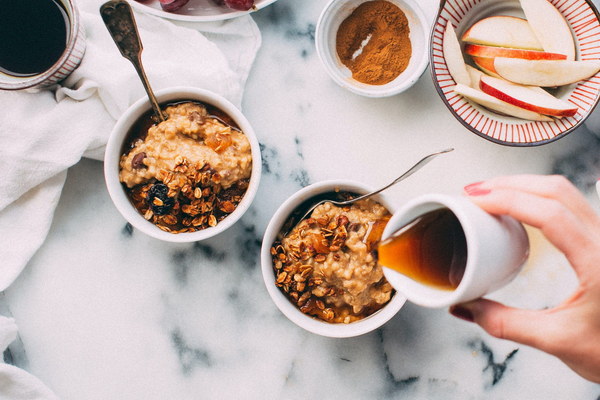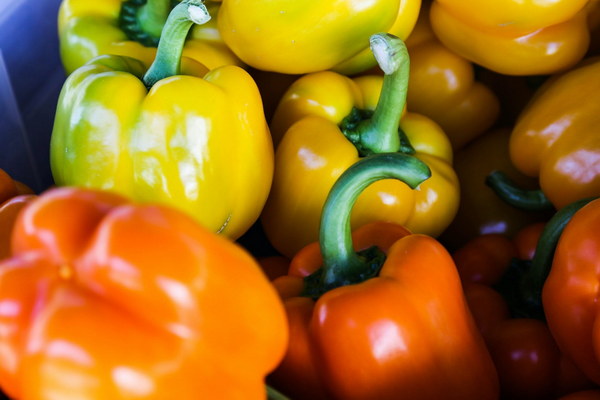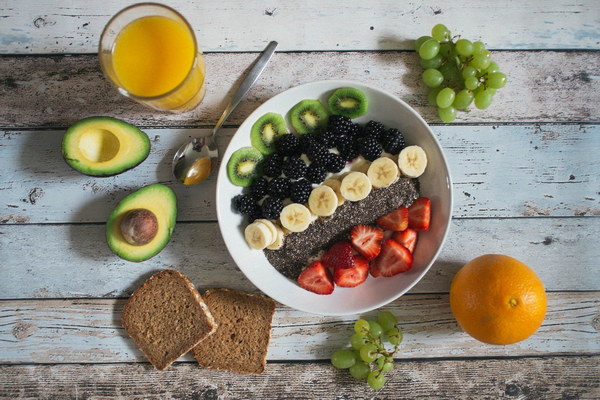Easing Pregnancy Eczema Nutritional Remedies for Pregnant Women Suffering from Severe Eczema
Introduction:

Eczema, also known as atopic dermatitis, is a common skin condition that can affect people of all ages, including pregnant women. During pregnancy, the body undergoes numerous changes, which can exacerbate existing skin conditions or trigger new ones. Severe eczema during pregnancy can be both physically and emotionally challenging for expectant mothers. This article explores nutritional remedies that can help alleviate the symptoms of severe eczema in pregnant women.
1. Foods to Include in the Diet:
a. Anti-inflammatory foods: Incorporating anti-inflammatory foods into the diet can help reduce eczema symptoms. These include fruits and vegetables rich in antioxidants, such as berries, oranges, spinach, and kale. Additionally, nuts and seeds, like walnuts and flaxseeds, contain omega-3 fatty acids that can help reduce inflammation.
b. Omega-3 fatty acids: Fish, such as salmon, mackerel, and sardines, are excellent sources of omega-3 fatty acids, which have been shown to reduce eczema symptoms. If pregnant women are allergic to fish, they can opt for fish oil supplements, but it is essential to consult with a healthcare professional before taking any supplements.
c. Probiotics: Probiotics, found in fermented foods like yogurt, kefir, and sauerkraut, can help maintain a healthy gut flora, which may improve eczema symptoms. These foods also contain prebiotics, which help probiotics thrive.
d. Hydration: Staying hydrated is crucial for overall health and can also help manage eczema symptoms. Drinking plenty of water, herbal teas, or infused water with fruits and herbs can help keep the skin hydrated.
2. Foods to Avoid:
a. Allergens: Identifying and avoiding food allergens is crucial in managing eczema. Common allergens include nuts, eggs, dairy, wheat, and soy. It is important to consult with a healthcare professional or allergist to determine specific allergens and develop an elimination diet.
b. Highly processed foods: Foods high in sugar, artificial additives, and preservatives can exacerbate eczema symptoms. It is best to opt for whole, unprocessed foods, such as fresh fruits, vegetables, whole grains, and lean proteins.
3. Nutritional Supplements:
a. Vitamin D: Vitamin D is essential for skin health and can help reduce eczema symptoms. Safe sun exposure and supplementation are two ways to ensure adequate vitamin D levels. Consult with a healthcare professional before starting any supplement regimen.
b. Vitamin E: Vitamin E is an antioxidant that can help protect the skin from damage. It can be obtained from foods like almonds, sunflower seeds, and avocados or through supplementation after consulting with a healthcare professional.
c. Biotin: Biotin, also known as vitamin B7, is essential for skin health and can help improve eczema symptoms. Foods rich in biotin include nuts, seeds, eggs, and whole grains. In some cases, supplementation may be necessary, but it is important to consult with a healthcare professional.
Conclusion:
Severe eczema during pregnancy can be a challenging condition to manage. However, incorporating a well-balanced diet rich in anti-inflammatory foods, omega-3 fatty acids, and probiotics, while avoiding allergens and highly processed foods, can help alleviate symptoms. Additionally, nutritional supplements like vitamin D, vitamin E, and biotin may provide further relief. It is important for pregnant women to consult with their healthcare providers before making significant changes to their diet or starting any new supplement regimen.









